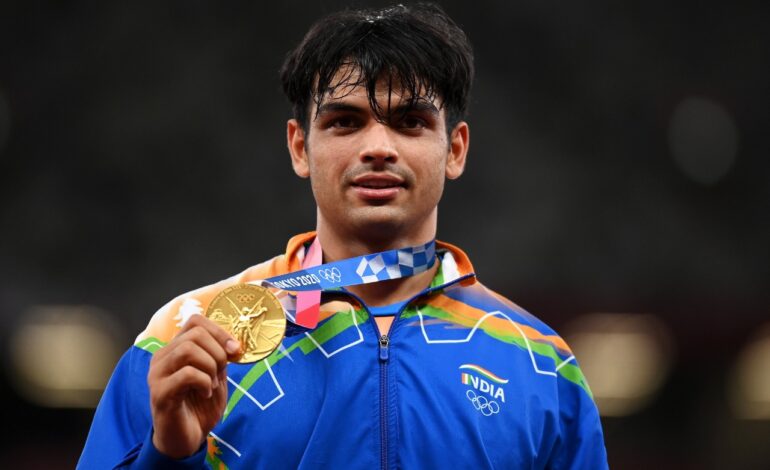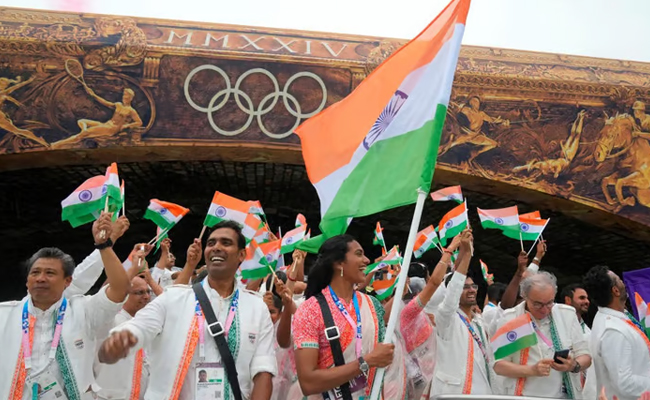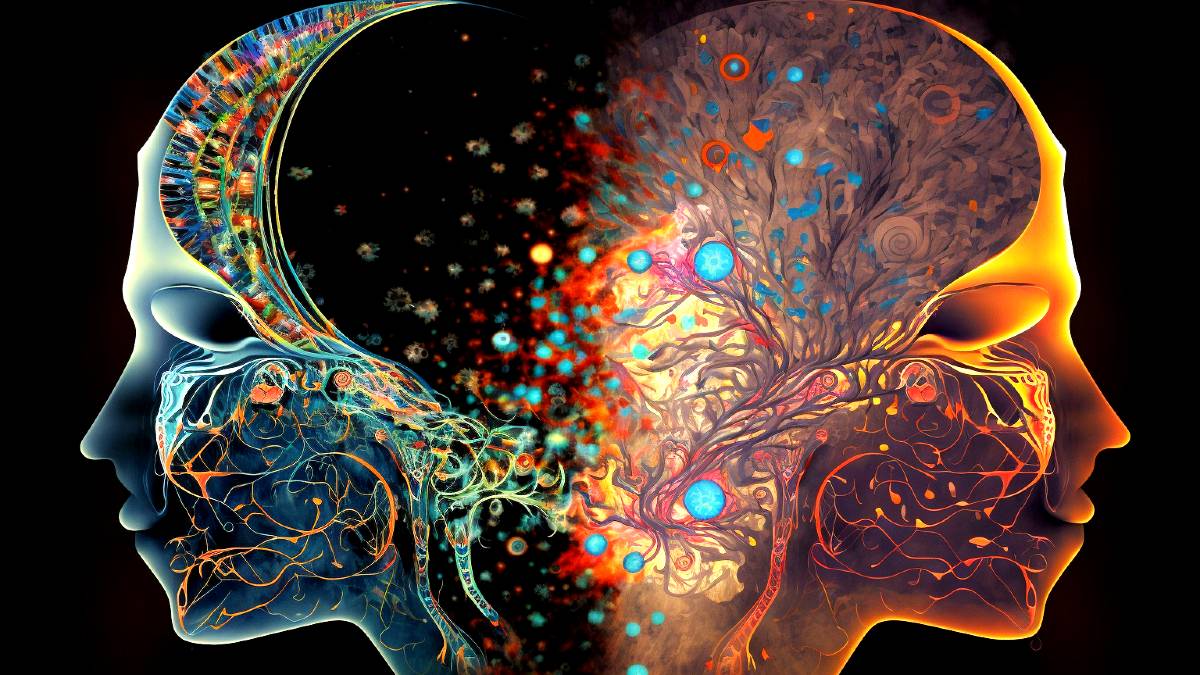India’s Olympic Glory: Athletes Who Made History

Indian Athletes Who Made History in the Olympics
The Olympic Games represent the pinnacle of athletic achievement, a global stage where dreams are realized and legends are born. While India’s Olympic journey has been marked by periods of both challenge and triumph, it’s a story rich with inspiring individuals who have overcome obstacles to etch their names in history. This post delves into the remarkable achievements of Indian athletes who have brought glory to the nation on the Olympic platform, celebrating their dedication, perseverance, and unwavering spirit.
Early Pioneers & Norman Pritchard (1900)
India’s Olympic story began at the 1900 Paris Olympics with Norman Pritchard, a British athlete of Indian origin. Competing for Great Britain (as India was then under British rule), Pritchard secured two silver medals in the 200m and 200m hurdles. While technically not representing independent India, his achievement remains a significant milestone as the first Indian to win an Olympic medal. It’s a complex piece of history, often debated, but undeniably a starting point for Indian participation.
The Hockey Dominance (1928-1980)
The period between 1928 and 1980 witnessed an unparalleled era of dominance for the Indian men’s hockey team. This is arguably the most glorious chapter in India’s Olympic history.
1928 Amsterdam Olympics: India won its first Olympic gold medal, defeating the Netherlands in the final. This victory wasn’t just a win; it was a statement, showcasing India’s prowess in the sport. The team, led by Jaipal Singh, played a revolutionary style of hockey, captivating audiences worldwide.
1932 Los Angeles Olympics: India continued its winning streak, securing another gold medal, further solidifying its position as a hockey powerhouse.

1936 Berlin Olympics: Despite the political climate surrounding the games, India triumphed again, winning its third consecutive gold medal. This victory was particularly poignant, demonstrating the power of sport to transcend political boundaries.
1948 London Olympics: Following a break due to World War II, India returned to the Olympics and, remarkably, won its fourth gold medal in hockey. This was the first Olympics where India competed as an independent nation.
1952 Helsinki Olympics: The Indian hockey team continued its golden run, winning its fifth Olympic gold medal.
1956 Melbourne Olympics: A sixth consecutive gold medal followed, cementing India’s legendary status in Olympic hockey.
1964 Tokyo Olympics: India secured its seventh gold medal, continuing its remarkable dominance.
1972 Munich Olympics: The eighth and final gold medal in men’s hockey came in Munich, marking the end of an era. While India continued to participate in subsequent Olympics, it hasn’t reached the same level of success in hockey since.
Individual Brilliance – From Milkha Singh to P.T. Usha
While hockey dominated the early years, individual athletes began to shine in later decades.
Milkha Singh (1960 Rome Olympics): Often referred to as the “Flying Sikh,” Milkha Singh missed out on a medal by a mere 0.1 seconds in the 400m final, finishing fourth. Despite not winning a medal, his performance captivated the nation and remains an iconic moment in Indian Olympic history. His time of 45.6 seconds was a national record for many years.
Karnam Malleswari (1996 Atlanta Olympics): Karnam Malleswari became the first Indian woman to win an Olympic medal, securing a bronze in weightlifting. Her achievement paved the way for future generations of female athletes in India.
P.T. Usha (1984 Los Angeles Olympics): P.T. Usha, a legendary track and field athlete, narrowly missed out on a medal in the 400m hurdles, finishing fourth by a hundredth of a second. Her performance, though heartbreakingly close, inspired countless young athletes in India and established her as a national icon.
The New Generation – Abhinav Bindra, Sushil Kumar, and Beyond
The 21st century has seen a surge in Indian Olympic success, with athletes achieving unprecedented feats.
Abhinav Bindra (2008 Beijing Olympics): Abhinav Bindra made history by winning India’s first individual Olympic gold medal, in the 10m air rifle event. His victory was a watershed moment for Indian sport, demonstrating that Indian athletes could compete and win at the highest level.
Sushil Kumar (2008 Beijing Olympics & 2012 London Olympics): Sushil Kumar won a bronze medal in freestyle wrestling at the 2008 Beijing Olympics, becoming the first Indian wrestler to win an Olympic medal. He followed this up with a silver medal at the 2012 London Olympics, further cementing his place in Indian Olympic history.
Sakshi Malik (2016 Rio Olympics): Sakshi Malik won a bronze medal in wrestling, becoming the first Indian woman to win an Olympic medal in wrestling.
P.V. Sindhu (2016 Rio Olympics & 2020 Tokyo Olympics): P.V. Sindhu made history by winning a silver medal in badminton at the 2016 Rio Olympics. She continued her success at the 2020 Tokyo Olympics, winning a bronze medal, becoming the first Indian woman to win two Olympic medals.
Neeraj Chopra (2020 Tokyo Olympics): Neeraj Chopra created history by winning India’s first Olympic gold medal in track and field, in the javelin throw event. His victory sparked nationwide celebrations and inspired a new generation of athletes.
Looking Ahead
India’s Olympic journey is a testament to the resilience, determination, and talent of its athletes. While challenges remain, the recent successes demonstrate the growing potential of Indian sport. With continued investment in training, infrastructure, and athlete support, India is poised to achieve even greater glory on the Olympic stage in the years to come. The story of Indian athletes at the Olympics is not just about medals; it’s about inspiring a nation and showcasing the power of the human spirit.



